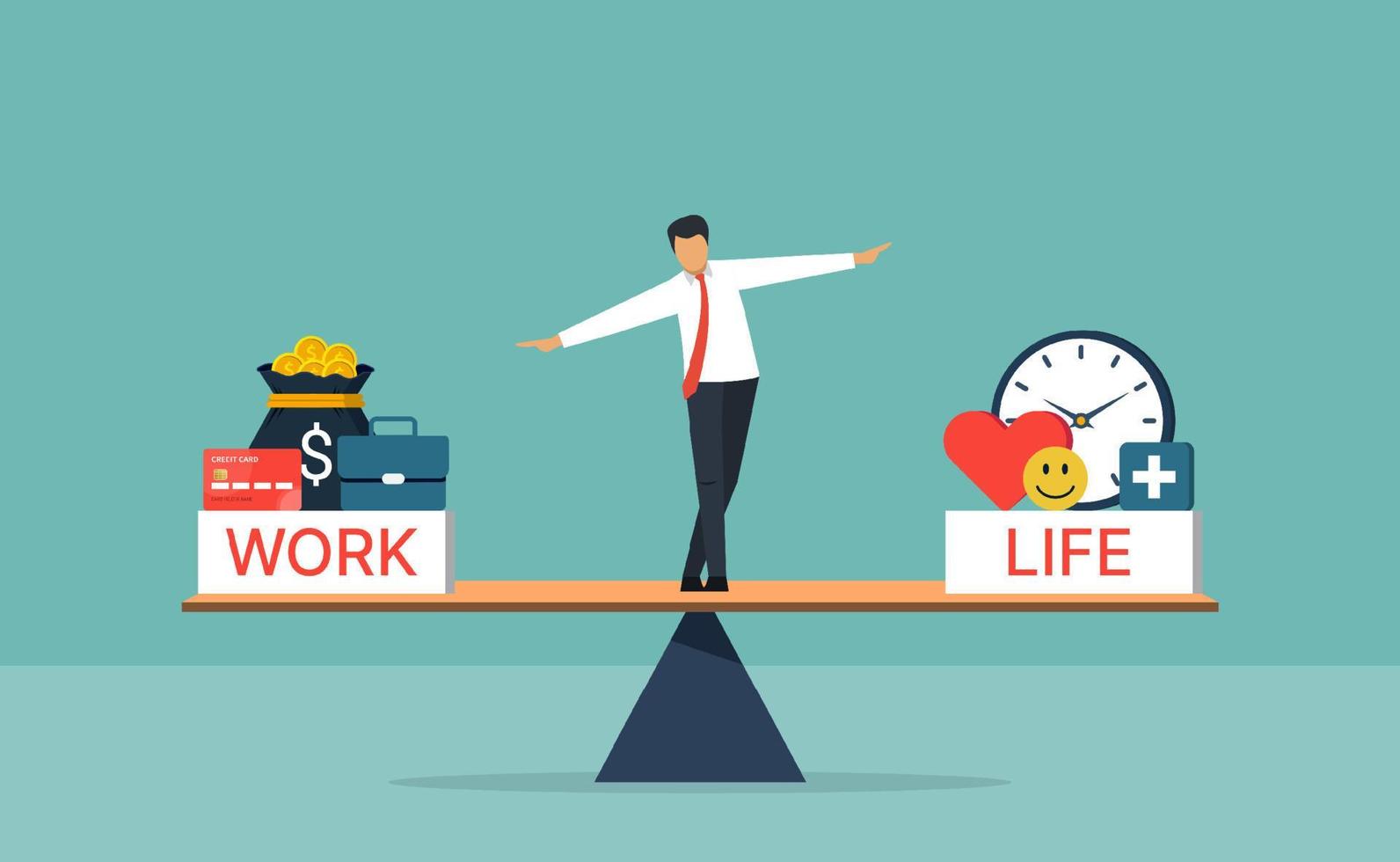Work-Life Balance
 close
close
![]()


BY: Hagar Waleed
Reassessing CEO Mohamed Farouk’s Take on Work-Life Balance and Productivity
Mohamed Farouk, CEO of Mobica and a judge on Shark Tank Egypt, recently made controversial comments suggesting that work-life balance is a myth and that workers should put in over 12 hours a day to be productive. He claimed that countries like Germany, which prioritize work-life balance, are “no good,” and pointed to China’s intensive work culture as a model of success.
The Problem with Overwork
While Farouk’s views may resonate with some who value a strong work ethic, they ignore significant evidence linking overwork to burnout, stress, and long-term productivity loss. Research from the International Labour Organization (ILO) shows that excessive hours can lead to health issues, reducing overall productivity.
Moreover, Farouk’s dismissal of work-life balance overlooks the economic success of countries like Germany, Sweden, and the Netherlands. These nations have high GDPs per capita and robust economies, all while supporting shorter workweeks and ample vacation time.
European Success Through Balance
Germany, for instance, maintains high productivity despite shorter work hours. German workers, who are guaranteed 30 days of paid vacation annually, contribute to one of the world’s largest economies. Similarly, Sweden has found success with policies like the 6-hour workday, which has led to improved worker satisfaction and efficiency.
Such policies show that maintaining a balance between work and personal life can actually enhance productivity. Workers in countries with a focus on work-life balance are often more engaged and creative, contributing to stronger economies.
.
Smart Work Over Hard Work
In today’s knowledge-based economy, creativity and strategic thinking are key. Long hours may not lead to better results—what’s important is working smarter, not harder. Many companies, especially in tech, are adopting flexible schedules and remote work, which help employees stay productive while maintaining a healthy work-life balance.
Rethinking Success
Success isn’t just about the number of hours worked; it’s about the value produced during those hours. Countries with strong work-life balance policies prove that well-rested, happy workers can be more productive and contribute to thriving economies. Farouk’s views seem outdated in this context, as modern economies thrive by supporting their workers’ well-being
Instead of promoting an antiquated, slave-like approach to work, Egypt could benefit from fostering a culture that encourages efficient work during reasonable hours, allowing individuals to recharge and pursue personal development. This balance, seen in many European countries, creates a workforce that is not only more innovative and engaged but also healthier, happier, and more likely to succeed in the long term.
Farouk’s comments reflect a narrow and outdated understanding of success. While working hard is undeniably important, it should never come at the expense of one`s health or well-being. The countries that have embraced the value of work-life balance—especially those in Europe—are thriving not because their workers are overworked, but because they understand that true success comes from happy, well-rounded individuals. It’s time for a shift in mindset—one that prioritizes both productivity and personal happiness.
.

18-01-2026 Faculty of Mass Communication

18-01-2026 Faculty of Mass Communication

20-12-2025 literature & arts

20-12-2025 literature & arts

23-06-2023 Sports 4125
...
tips from the head of dmc channels group- mr.hesham soliman02-08-2023
video 3380...
Exclusive Interview with the Prominent Host (Eman Ezz Eldin) for EMccu today27-10-2022
video 1198...
Culture of Photos Event Guests` Interviews (Pt.2)01-04-2023
video 1121...
Culture of Photos Event Guests` Interviews (Pt. 1)01-04-2023
video 1006...

27-10-2022
video 3812